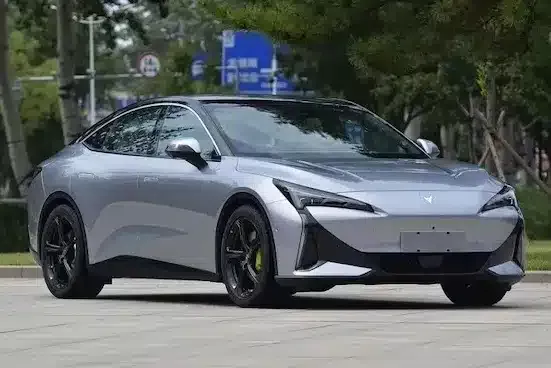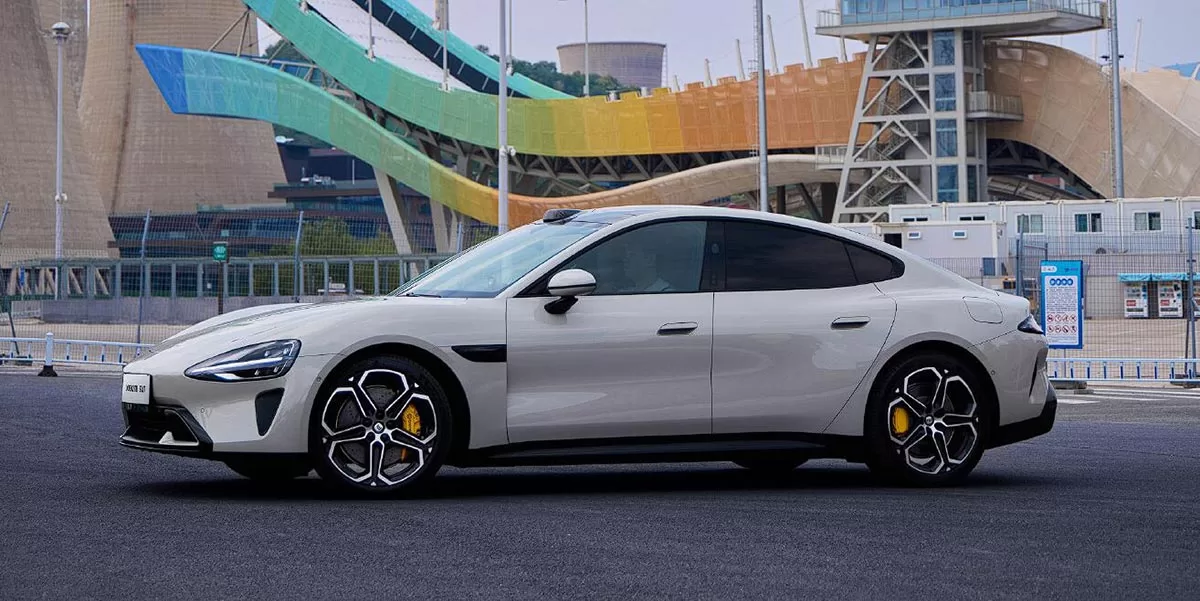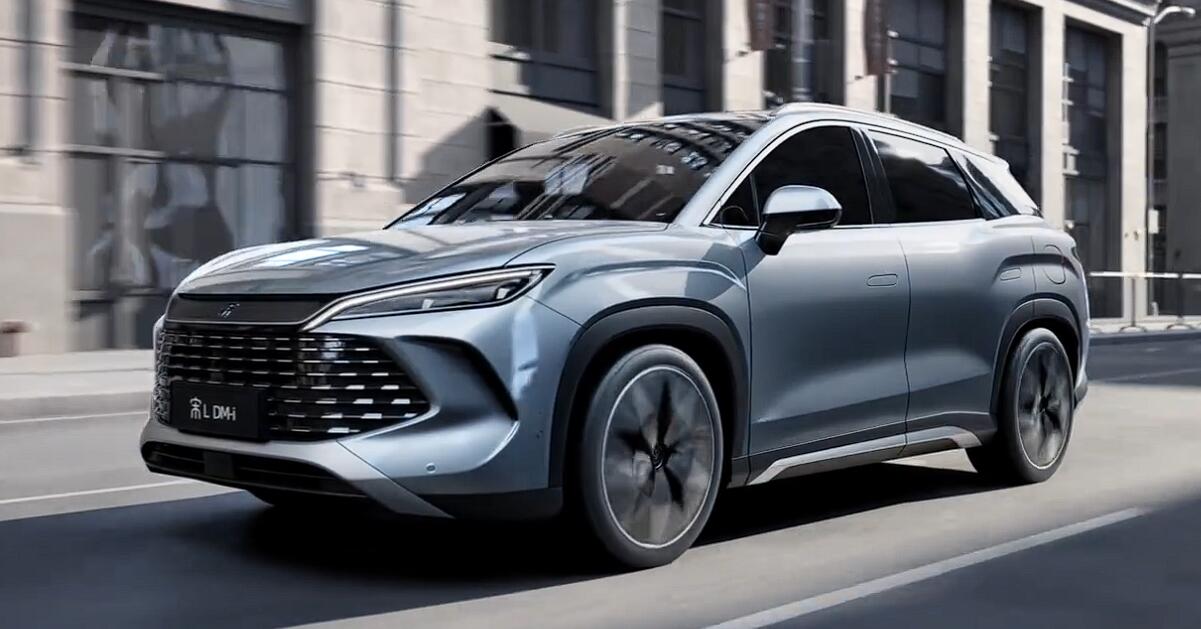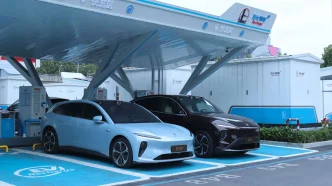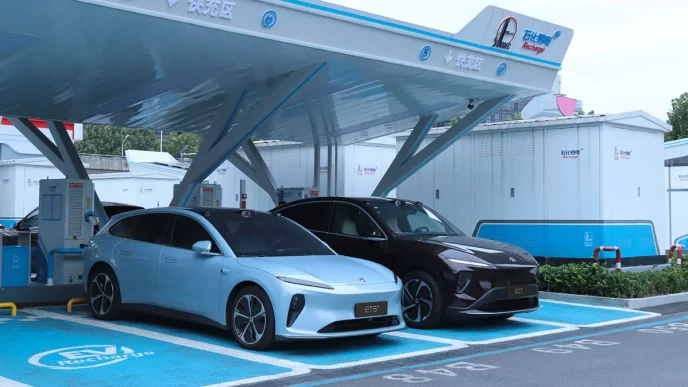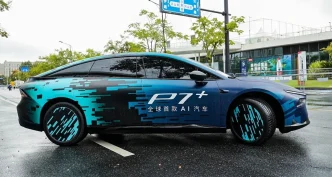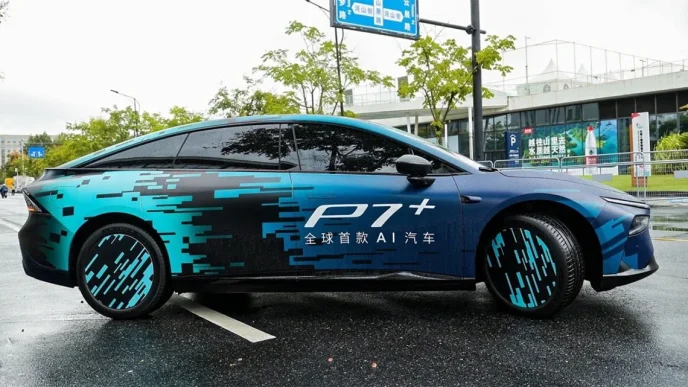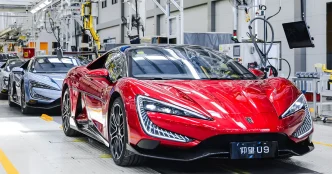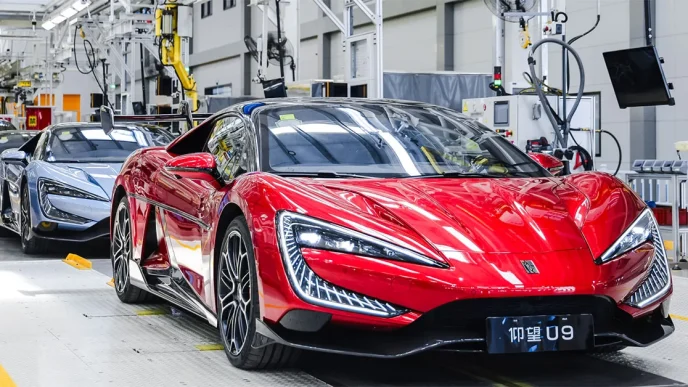BJEV, a subsidiary of car manufacturer BAIC and an early pioneer in China’s electric vehicle market, is facing significant challenges as it announces a major reduction in production capacities. Founded in 2013, BJEV was once a market leader, but has been overtaken by competitors such as BYD and other emerging players in the electric vehicle sector. As a result, the company is shifting its strategy by closing its three factories located in Beijing, Qingdao in Shandong province, and Cangzhou in Hebei province, while also planning to open a new factory in Beijing.
This decision reflects the company’s ongoing difficulties, as reported by CN EV Post. The production capacity will dramatically decrease from the previous 320,000 electric cars per year to just 120,000 units. This move is particularly notable given the broader trend of electric vehicle growth in China, where the number of New Energy Vehicles (including BEVs, PHEVs, and FCEVs) surged by 30% in August compared to the same month last year.
Since its launch, BJEV has struggled to maintain its market position. Sales have been on a downward trajectory since 2019, with only 26,000 vehicles sold in 2021. Although there was a resurgence in sales, with 92,000 units sold in 2023, the first half of 2024 saw a decline to just 28,000 units—far below the company’s previous production capacity.
BJEV offers its vehicles under three distinct brands: Arcfox, Beijing Automotive, and Stelato, the latter being a collaboration between BAIC BluePark and Huawei. Additionally, it is worth noting that BAIC, BJEV’s parent company, is the largest shareholder of Mercedes-Benz, holding a 9.98% stake. Conversely, Mercedes-Benz also has a stake in BAIC, and the two companies collaborate on vehicle production in China, further intertwining their interests in the automotive market.
Source: Cnevpost

